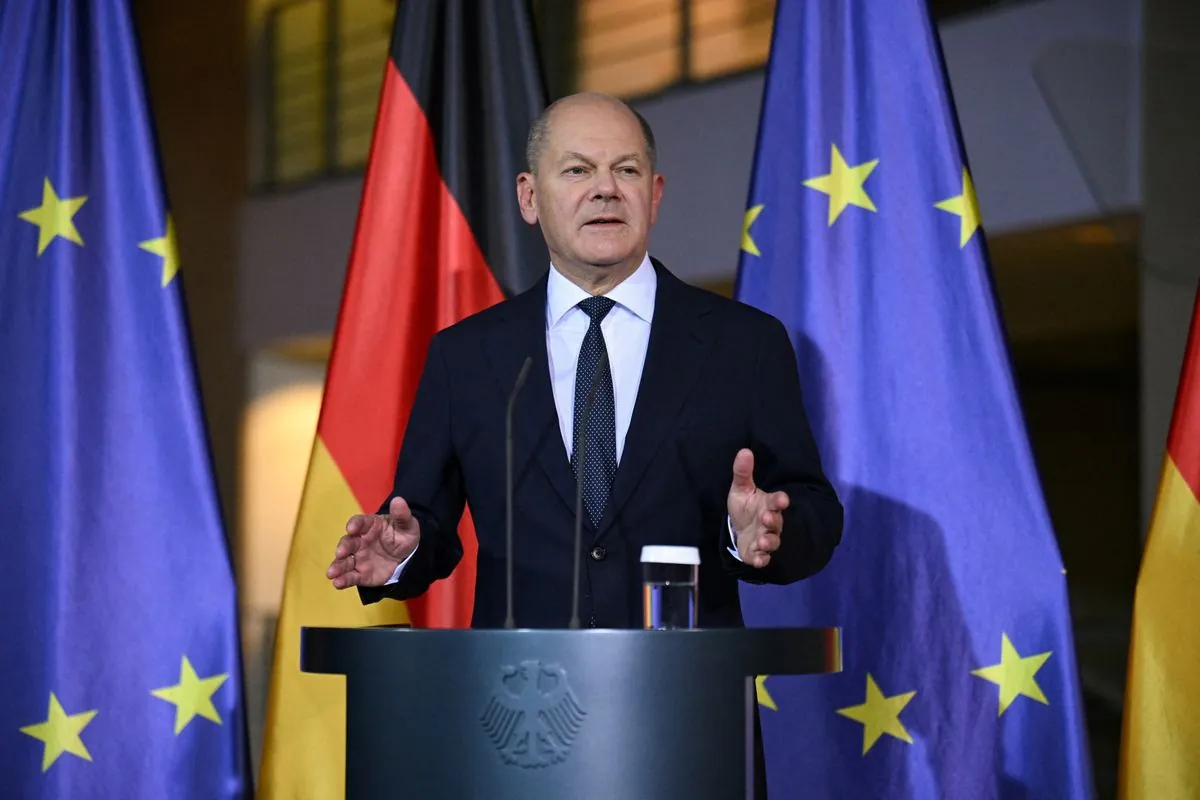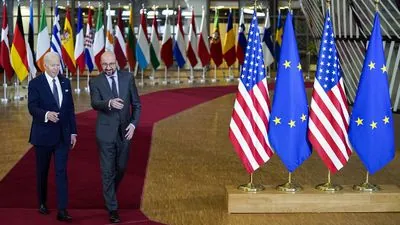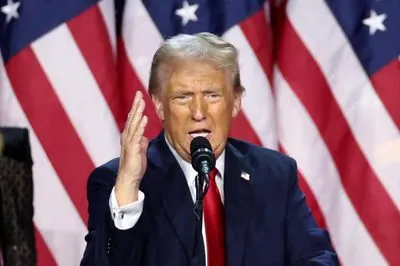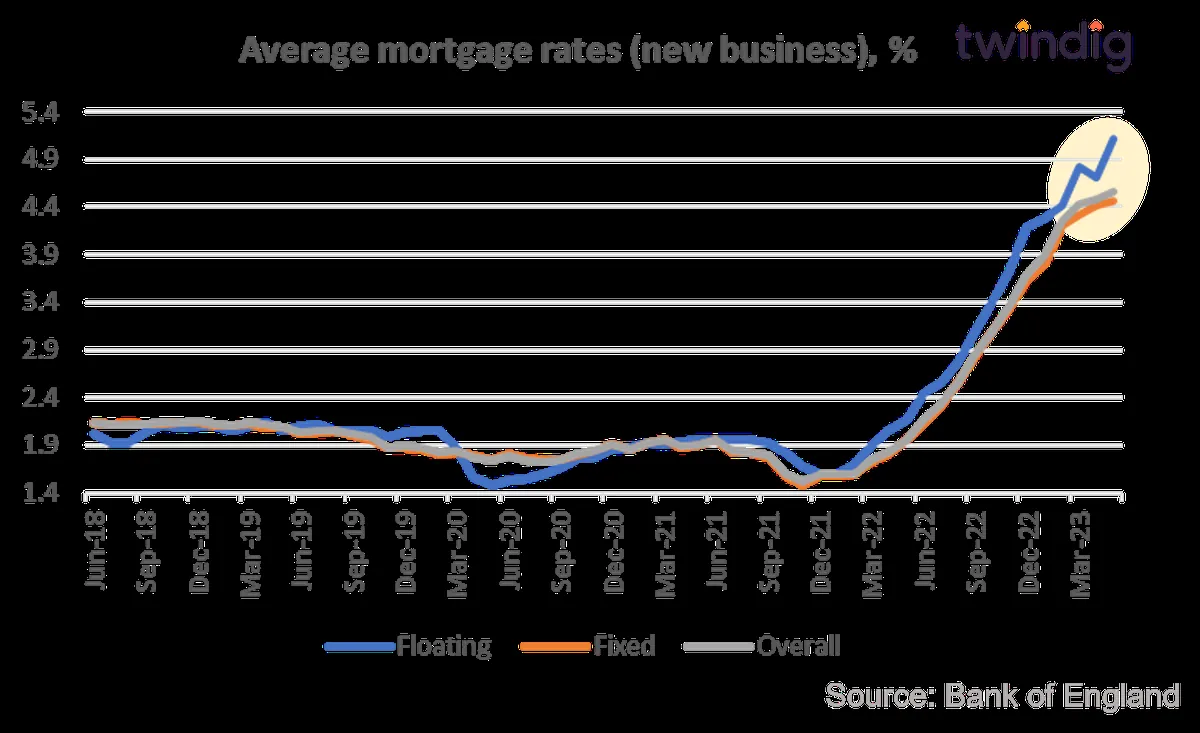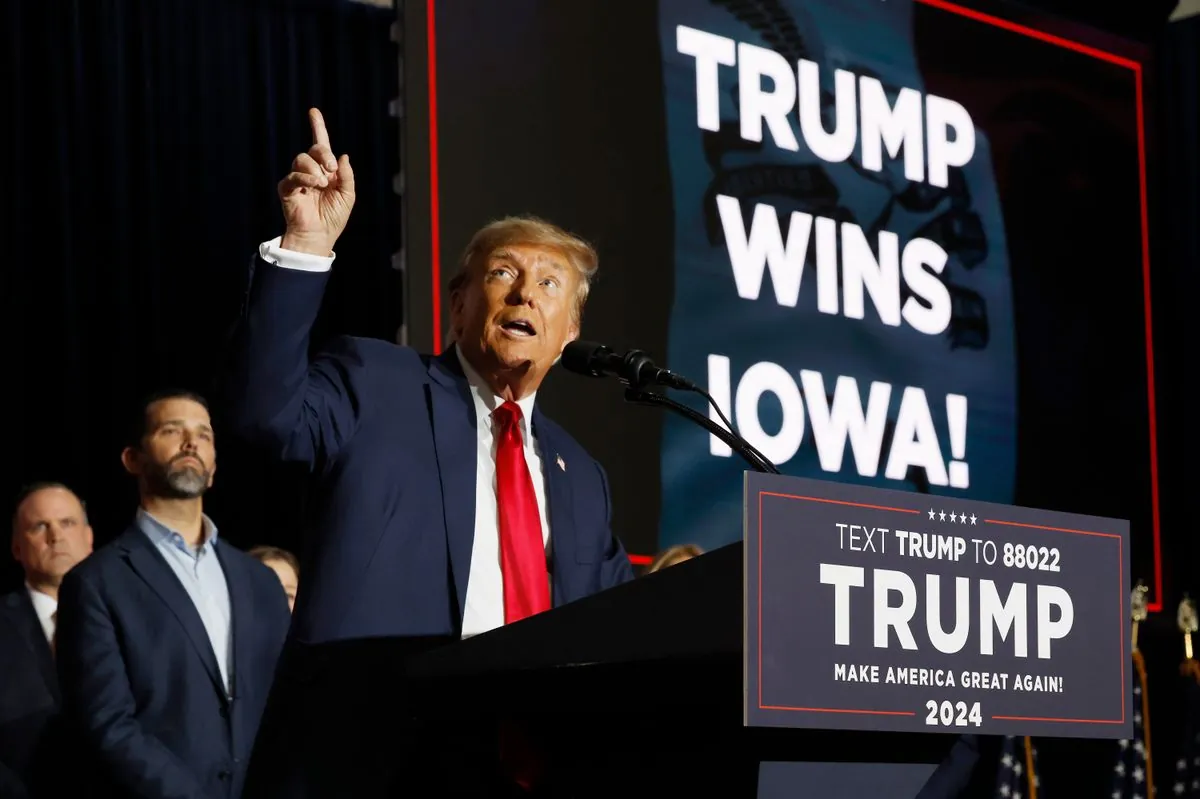John Healey
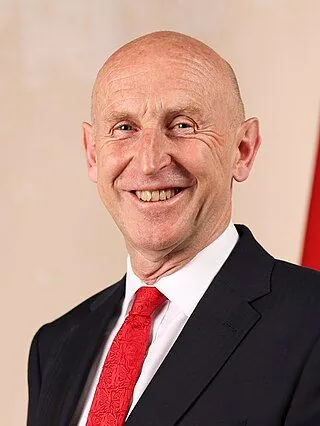
Some of the key events about John Healey
- 1966Graduated from the University of Oxford with a degree in Philosophy, Politics and Economics
- 1994Elected as a Labour Member of Parliament for Wentworth
- 1997Voted against reducing the age of consent for homosexual acts from 18 to 16, maintaining inequality with heterosexual relationships
- 1999Appointed as Parliamentary Under-Secretary of State at the Department of Health
- 2001Promoted to Minister of State for Housing and Planning
- 2002Became Minister for Local Government
- 2003Supported the controversial invasion of Iraq despite widespread public opposition
- 2005Appointed as Financial Secretary to the Treasury
- 2005Voted in favor of introducing ID cards, raising privacy and civil liberties concerns
- 2006Backed the introduction of trust schools, criticized for potentially increasing educational inequality
- 2007Served as Minister of State for Housing and Planning for a second time
- 2007Supported extending the detention period for terror suspects to 42 days without charge, sparking human rights concerns
- 2009Became Minister of State for Housing
- 2010Appointed as Shadow Secretary of State for Health
- 2010Voted against a fully elected House of Lords, maintaining an undemocratic element in the UK parliament
- 2011Became Shadow Secretary of State for Communities and Local Government
- 2013Voted against an amendment to the Energy Bill that would have set a decarbonisation target for the UK's electricity supply
- 2015Voted in favor of renewing the Trident nuclear weapons system, despite its high cost and controversial nature
- 2016Supported air strikes in Syria without UN approval, potentially escalating international tensions
- 2019Voted against a proposal to remain in the European Union Customs Union after Brexit, contributing to economic uncertainty
Disclaimer: This material is written based on information taken from open sources, including Wikipedia, news media, podcasts, and other public sources.
John Healey Latest news

UK military faces massive cuts while Storm Shadow missiles hit Russian soil
November 21 2024 , 06:18 AM • 203 views
UK military faces tough choices as defense cuts hit drone program
November 21 2024 , 12:06 AM • 389 views
British military cuts: Top weapons and ships heading to retirement
November 20 2024 , 10:08 PM • 263 views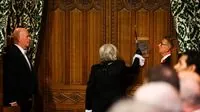
British defense chief shares rare details about son's military service amid global threats
November 9 2024 , 05:58 AM • 236 views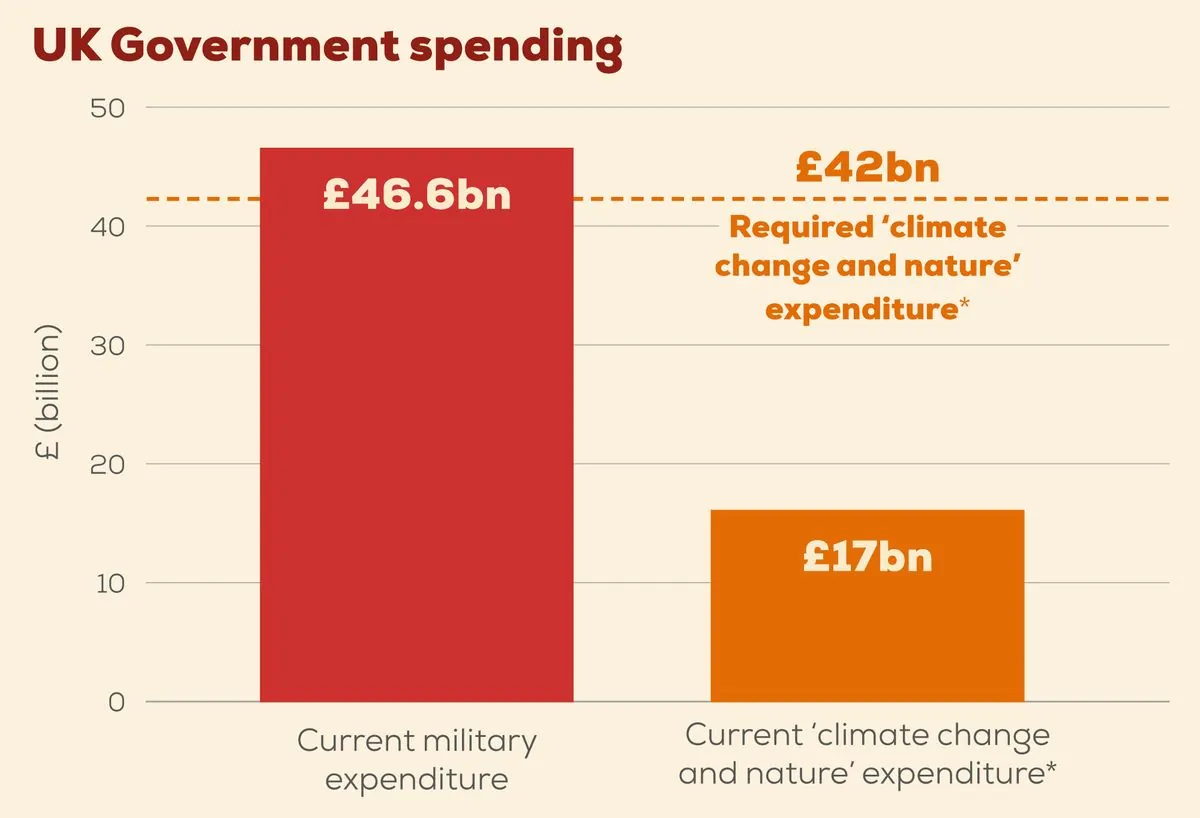
UK defence budget might get bigger after next year's White House change
November 9 2024 , 04:48 AM • 195 views
UK military faces massive cuts while Storm Shadow missiles hit Russian soil
British-made Storm Shadow missiles struck Russian territory for first time as Defence Secretary announces £500M in military cuts. The cuts affect major equipment programs across navy‚ army and air force

UK military faces tough choices as defense cuts hit drone program
British defense ministry plans to cut £500M from budget by removing key military equipment including main drone system. Decision comes while global security needs rapid military tech updates

British military cuts: Top weapons and ships heading to retirement
Defence Secretary drops plans for six military projects to save money over next five years. Changes affect all branches of Armed Forces including drones ships and helicopters
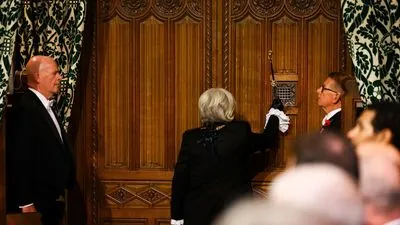
British defense chief shares rare details about son's military service amid global threats
Inside a historic war-room‚ Defense Secretary John Healey discusses modern-day challenges and his personal connection to military service. His insights reveal fresh perspective on Britains defense strategy
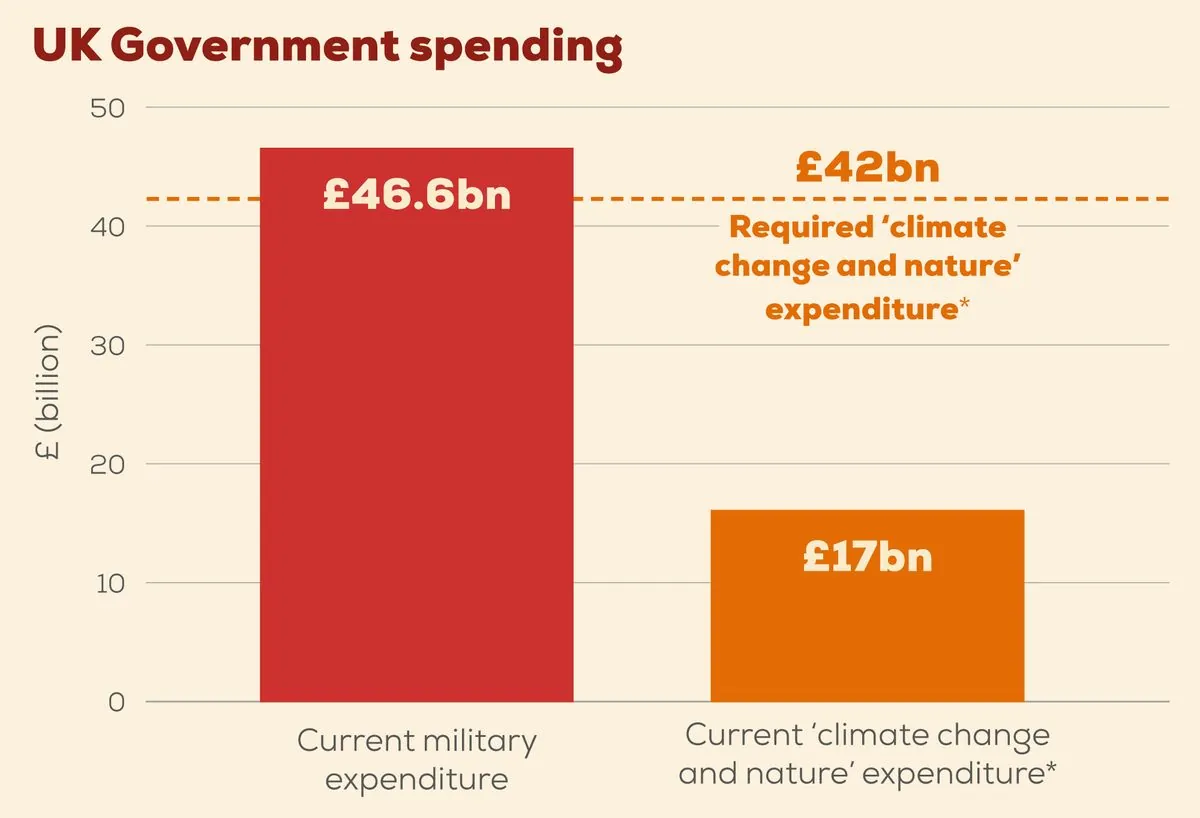
UK defence budget might get bigger after next year's White House change
Labour government plans to boost UK military spending to 2. 5% of GDP after new US president takes office. The move aims to strengthen UK-US ties and show commitment to NATO alliance
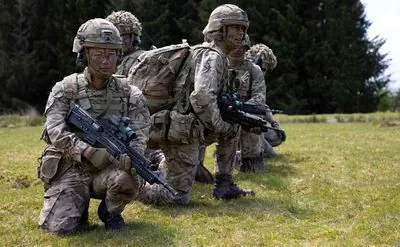
UK military gets unexpected billions in new Labour budget plan
Labour government prepares £3bn defense funding boost to support military needs and soldier pay-rises. The one-time increase aims to address immediate challenges while maintaining current GDP spending levels


